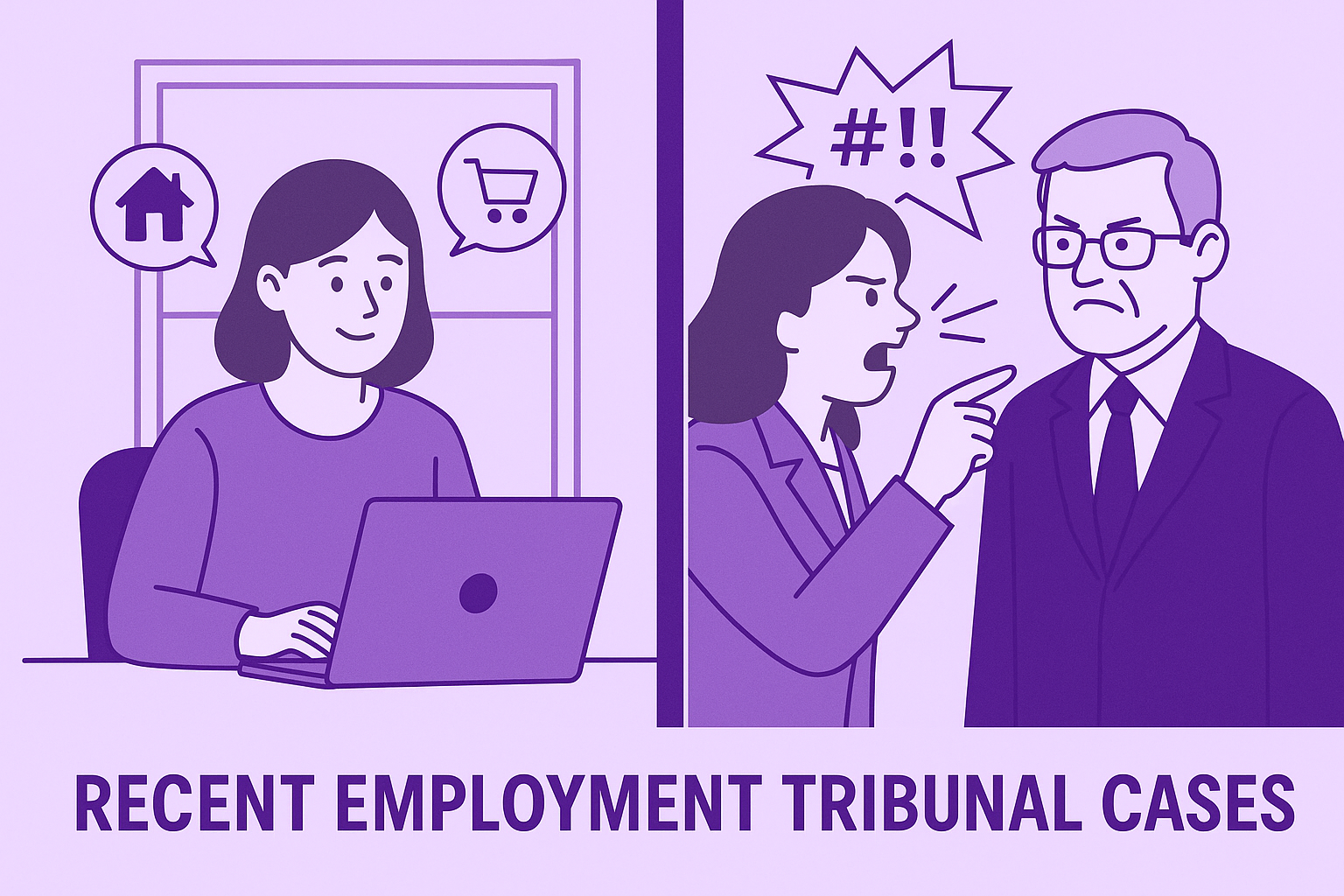It is a reality for the majority of people around the world, that work is a necessary part of our lives. It is also known that everything that we experience sleeping and waking, working or watching TV, has an effect on our psyche. The information is absorbed and either filed away for later consideration or stays at the forefront of our minds for a few hours/ days/ weeks causing us to be intermittently aware of it.
The average full-time employee spends 36.5 hours at work per week and therefore work is an inevitable contributor to the condition of our psyche and influencing the state of our mental health. A report has shown that levels rates of work-related stress, depression or anxiety have been gradually climbing since the year 2000, with workload pressures found to be the main cause of reported stress, anxiety and depression affecting 451000 people in the UK.
One Crisis After Another
In 2019, 1/8 people in the world were living with a mental disorder, with anxiety and depressive disorders the most common. According to the WHO, in 2020, the Covid-19 pandemic saw this number rise significantly with a 26% and 28% increase respectively for anxiety and major depressive disorders. The series of crises in recent years, the pandemic, Brexit, the financial crash etc. have created great stress and strain on people’s ability to cope with their everyday lives because these events are completely out of people’s control and have limited their opportunities, their financial situations and their health. Psychologically, the world has experienced a pretty traumatic period, when our lives, including working lives have been thrown into a state of turmoil.
Approaching the issue as an employer, one has to be aware that if it impacts the employee, then it will inevitably influence the workplace. It has been shown that the effect of the pandemic on mental health has been particularly pronounced for those working in professional and technical industries, hospitality, customer service occupations, small employers and the self-employed, as well as female workers.
Adding to the pressure is a community mental health network unable to cope with demand. Due to the lack of emotional support services available to people, many employers are finding themselves trying to fill the gap and having to manage mental health issues internally. In order to cope employers need to take a preventative and proactive approach.
A few years ago, I was chatting to my mum and we got on to talking about my friends, how they are doing, how their parents are etc. and she seemed surprised by the number of people I knew who were struggling with some kind of mental health problem. She told me that when she was at school no one was walking around telling people they depressed, or anxious, or not eating properly, they just got on with it. And the same was true for the culture in the workplace. It was a ‘don’t ask, don’t tell’ kind of deal. Stressed employees are nothing new but times are changing. The awareness and openness surrounding mental health nowadays is creating a workplace culture whereby we have a ‘do ask, do tell, let’s talk’ attitude. So, when we hear these figures about rising rates of mental health issues in the workplace, some of that has to be account for by the fact that we are moving towards a culture where employees can be honest about their stress. Employers must strive to create a psychologically safe working environment to encourage employees to talk, reflect and explore their feelings following the stress and anxiety of recent years.
The CEO and leadership teams should set the tone that it is okay to talk about and address these things and employers should ensure there is adequate support in place for these staff members. Despite everything that can be done in the workplace to support employees struggling with poor mental health, changes have to made preventatively. Employers really need to reflect on the causes of poor wellbeing and mental health, particularly those around workload and workplace culture and consider how they can make changes to address these. There is no silver bullet, no one size fits all solution but employers must strive to work with their employees to develop process and strategies that work for them. Happy employees make successful businesses.



